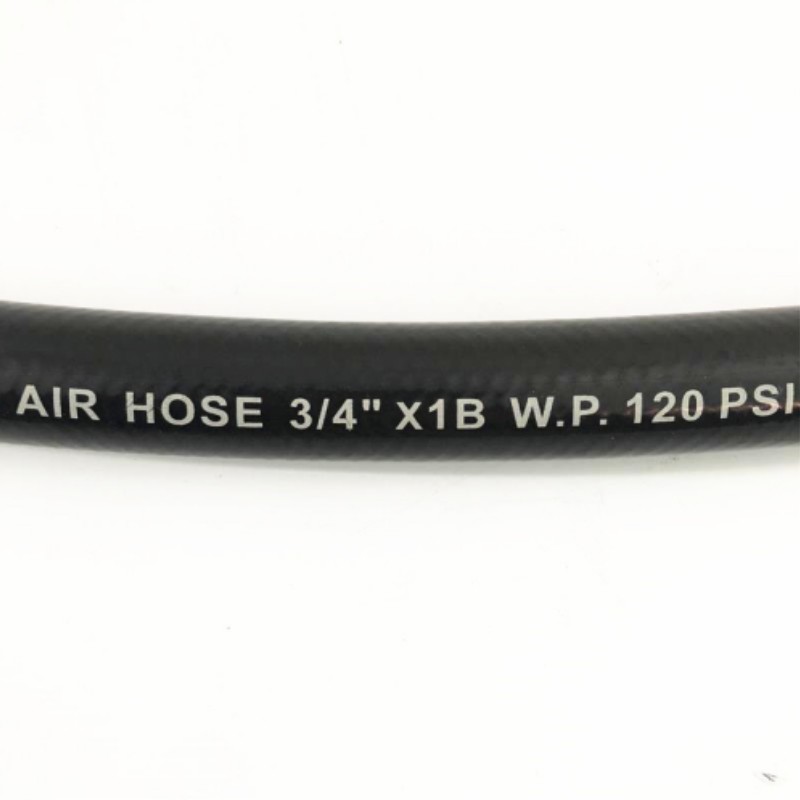Dec . 15, 2024 05:17 Back to list
Durable Rubber Fuel Hose for Efficient Fuel Delivery in Automotive Applications
The Essential Guide to Rubber Fuel Line Hoses
When it comes to the functioning of vehicles, the importance of the fuel delivery system cannot be overstated. A critical component of this system is the fuel line hose, which carries fuel from the tank to the engine. Among the various materials used for fuel line hoses, rubber is the most prevalent choice due to its numerous advantages, making it an essential part of automotive engineering.
Understanding Rubber Fuel Line Hoses
Rubber fuel line hoses are designed to withstand the harsh conditions of automotive environments, including exposure to fuel, oil, and high temperatures. These hoses are typically constructed from a blend of synthetic rubber compounds, which provide excellent resistance to fuel additives and other corrosive substances found in modern fuels. The most common types of rubber used for fuel line hoses include nitrile rubber and neoprene. Nitrile rubber is particularly popular due to its superior fuel resistance and flexibility, which are essential for the longevity and reliability of the fuel line.
Key Features and Benefits
1. Durability Rubber fuel line hoses are known for their durability. They can withstand the pressures associated with fuel systems, ranging from low-pressure delivery systems in standard vehicles to higher-pressure systems in performance or racing applications. The robust construction helps prevent leaks or ruptures, ensuring the safe transport of fuel.
2. Flexibility Another significant advantage of rubber fuel line hoses is their flexibility. This characteristic makes it easier to route hoses through the vehicle’s engine compartment, where space may be limited and angles may be tricky. Flexible hoses reduce the risk of kinking or crimping, which can obstruct fuel flow and lead to engine performance issues.
3. Temperature Resistance Rubber hoses can endure a wide range of temperatures, from extremely cold to high heat. This thermal stability ensures that they do not become brittle and crack in cold weather or soften and expand under heat, thus maintaining their structural integrity across varying conditions.
rubber fuel line hose

4. Chemical Resistance Modern fuels can contain various additives and ethanol blends that might degrade certain materials. Rubber fuel line hoses are engineered to resist these chemicals, which prolongs their lifespan and enhances safety by minimizing the risk of leaks.
5. Ease of Installation Rubber fuel line hoses can be cut to desired lengths and easily connected to fittings or clamps. This ease of installation saves time and effort in both manufacturing and maintenance.
Maintenance and Replacement
Despite their durability, rubber fuel line hoses do not last indefinitely. It is essential for vehicle owners and mechanics to conduct regular inspections for signs of wear, such as cracking, swelling, or discoloration. Another common issue is the development of leaks. If any of these signs are noticed, the affected hose should be replaced immediately to prevent fuel leaks, which can pose a fire hazard and lead to significant engine damage.
Replacement hoses should always meet the manufacturer's specifications in terms of size, pressure rating, and material. Using inferior alternatives may lead to further issues down the line, so it’s critical to source hoses from reputable suppliers.
Conclusion
Rubber fuel line hoses play a vital role in the efficient and safe operation of vehicles by facilitating fuel transportation. Their durable and flexible nature, along with chemical and temperature resistance, makes them the go-to choice for automotive fuel delivery systems. Regular inspection and maintenance are essential to ensure their longevity and functionality. By understanding the importance of rubber fuel line hoses, vehicle owners can enhance their vehicle’s performance and safety, ensuring a reliable driving experience for years to come. Embracing the technological advancements in materials and engineering, the automotive industry continues to innovate in this critical component, promising a future of even more robust and efficient fuel delivery systems.
-
Best Four Steel Wire Spiral Hose Hydraulic R12 – Durable High-Pressure Hose Manufacturer
NewsJul.08,2025
-
High-Quality 1/4 Hydraulic Hose – Soft, Flexible & Durable Rubber Hoses for Industrial Use
NewsJul.08,2025
-
1 1 2 Inch Hydraulic Flexible Hose - Durable, Reliable, High-Pressure Solutions
NewsJul.07,2025
-
High-Quality 1 2 Rubber Hose - Durable, Flexible Hydraulic Solutions
NewsJul.07,2025
-
Discover SAE Hydraulic Hose Types - High Quality & Durable Hoses from Leading Factory Supplier
NewsJul.06,2025
-
High Pressure Wire Hydraulic Rubber Hose Supplier Durable & Reliable 1SN Hose Solutions
NewsJul.06,2025
